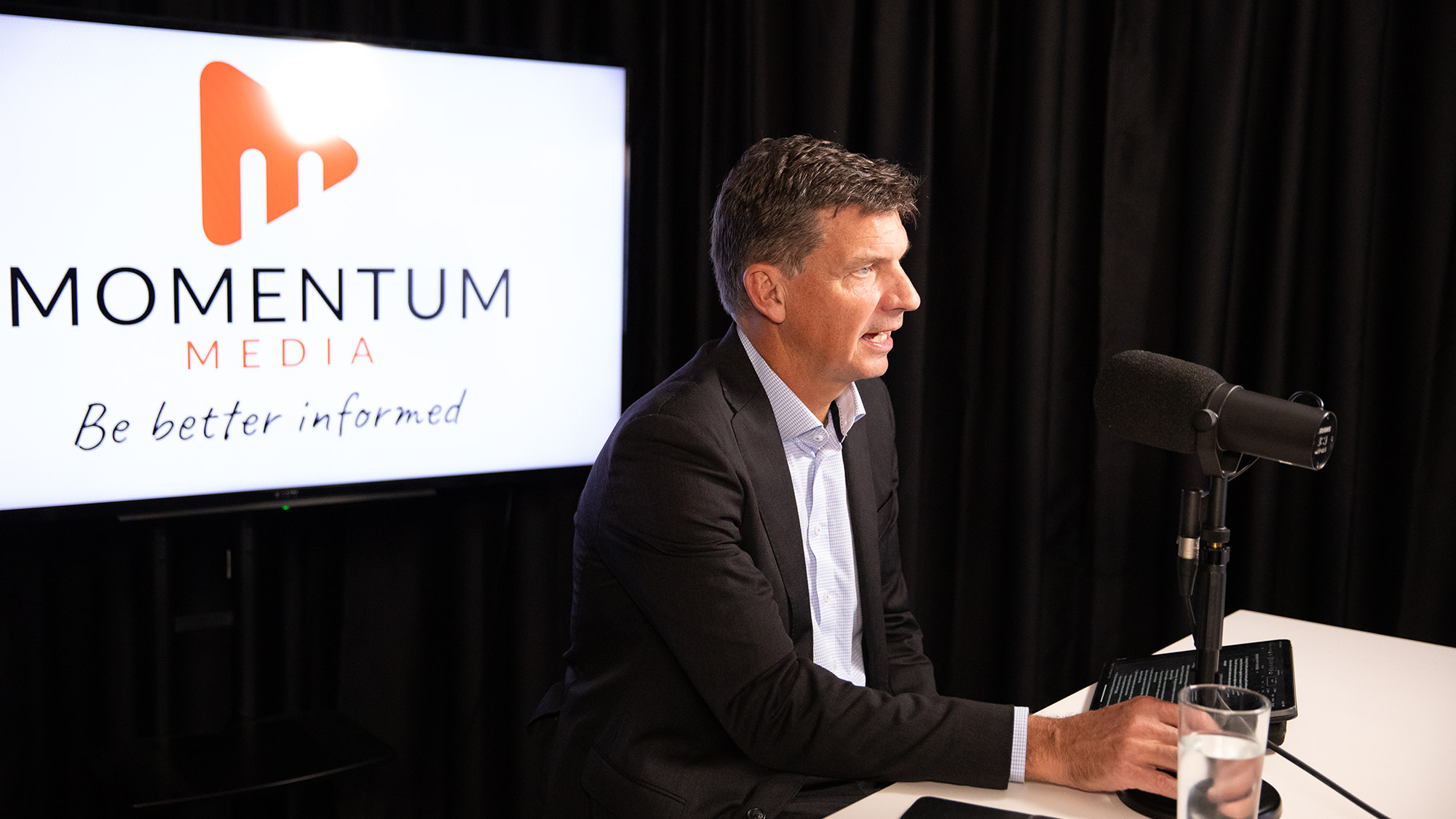Dealing with client objections


Russell Collins explores how risk advisers can overcome objections from clients when interviewing them, particularly the ‘I can’t afford it’ objection.
In my early days as a financial adviser specialising in risk, one of the major stumbling blocks to success was overcoming objections raised when I presented to potential clients during interviews.
Fortunately, at the first ever National Conference for Financial Advisers, held in Sydney in 1977 under the sponsorship of the Life Underwriters Association (a predecessor of today's Association of Financial Advisers), legendary US industry speaker, John Savage, gave me some very valuable advice.
John suggested that whenever I was confronted with an objection I should learn from the experience by taking a note and working out appropriately worded responses which I could then use in advance of the final meeting, thereby eliminating specific objections well in advance.
"I can't afford it"
One of the objections I had a problem with at that time was, "I can't afford it!"
These are the steps I took to help overcome that objection.
Strategy paper meeting
My modus operandi after the initial fact-finding meeting was to send potential clients a file note which touched on the major points of our discussion and ask them to confirm its accuracy.
Once confirmed, my next step was to arrange a strategy paper meeting, the purpose of which was to share my thoughts on the areas that I felt needed to be addressed, to deal with any objections he or she might raise, and to conclude that meeting with a positive agreement as to what should be put in place, subject to budget constraints.
By sharing my thoughts, I was actually inviting the potential clients into the decision-making process.
If people tell you what they can afford and your recommendations fit within that affordability, they are never going to say, "I can't afford it!"
In other words, I had no recommendations or figures prepared at that stage, just ideas on what I thought might be appropriate. The purpose of the meeting was to get feedback on my suggestions.
Once there was agreement on what was required I would say, "Wanting the insurance and getting it are two different things."
I then explained that I could come back to our next meeting with recommendations in the form of a statement of advice (SOA) document that addressed their issues but the recommendations might be outside their budget constraints.
At the end of the strategy paper meeting, I would therefore ask them how much they could actually afford to pay in premiums, so that I could tailor my recommendations to fit within their budget.
If people tell you what they can afford and your recommendations fit within that affordability, they are never going to say, "I can't afford it!"
On the other hand, if you "assume" a budget figure, put hours into preparing your SOA, and then when you present, find out that it's way over their budget, you have wasted your time and theirs.
Once I had developed the strategy paper approach, and sought their budget constraints, I rapidly improved my closing rate.
There will be times when the actual needs as discussed exceed the budget constraints.
In those cases it is appropriate at the next meeting, when delivering your SOA, to preface the conversation along these lines of, "in an ideal situation, this is what you actually need, but based on your budget constraints, this is what I'm recommending."
With that simple statement, I cannot think of a better way to let people know that you are putting their best interests before your own.
Russell Collins was a financial adviser in the risk insurance market from February 1971 until his retirement as an adviser in June 2010.
Recommended for you
When entering paid employment, it’s not long before we are told that we’ll need to lodge a tax return but there are times when a person will be excepted.
Anna Mirzoyan examines how grandfathering affects income support payments and how factors such as paying for aged care can impact them.
There are specific requirements that only apply to trustees of self-managed superannuation funds, writes Tim Howard, including the allocation in their investment strategy.
Investments bonds offer a number of flexible, tax-advantaged benefits, writes Emma Sakellaris, but these are often overlooked as old fashioned when it comes to portfolio allocations.











